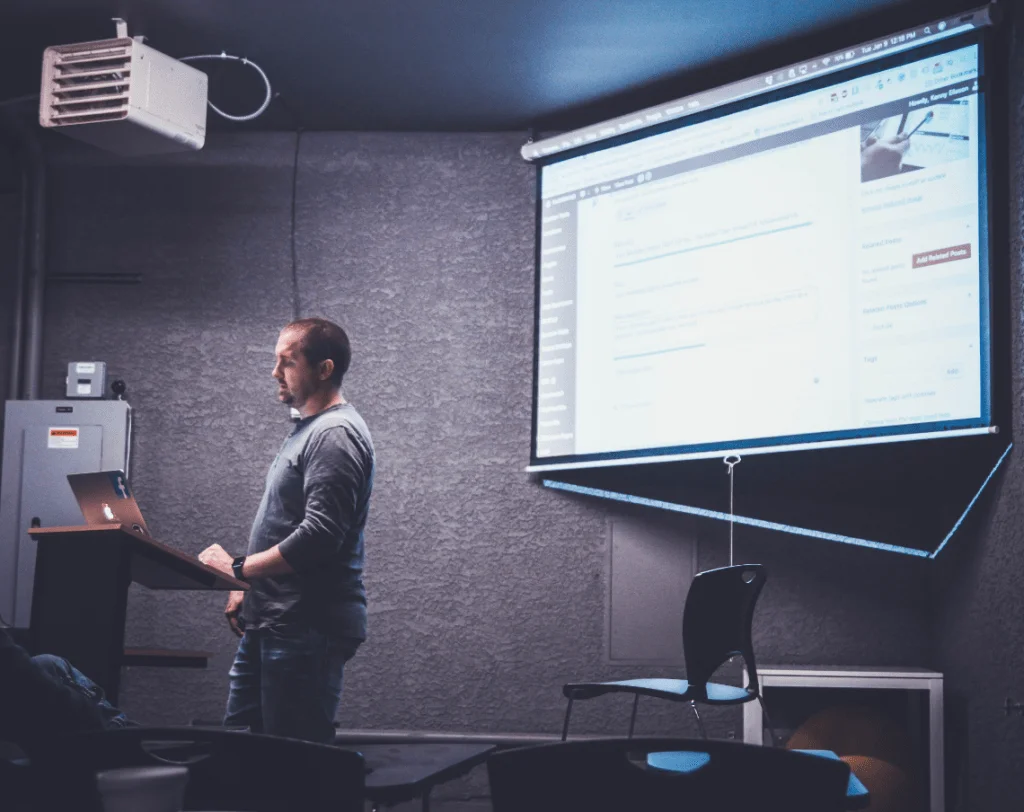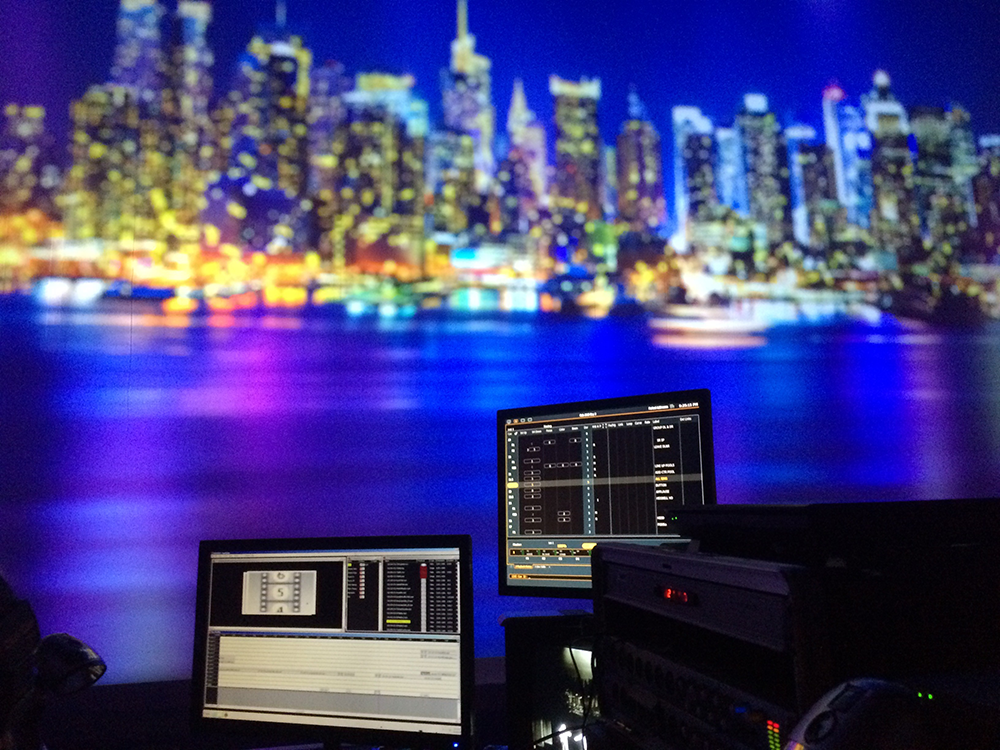Recognizing the Fundamentals of Event Production
The intricacies of occasion production require a detailed understanding of several foundational aspects, consisting of the facility of clear objectives, precise budgeting, and calculated place choice. Each part plays a critical duty in the smooth execution of an occasion, affecting everything from audience involvement to logistical efficiency. Moreover, the technological facets of manufacturing and the dynamics of team control are equally important to achieving a cohesive end result. As we discover these important factors, one should consider exactly how they relate and impact the overall success of an occasion. What strategies can be used to integrate these components successfully?
Specifying Event Objectives
Specifying occasion objectives is a crucial action in the occasion production process, functioning as the structure upon which all planning and implementation are developed. Clear objectives give instructions, guaranteeing that all stakeholders understand the event's function and desired results. These objectives need to specify, measurable, possible, relevant, and time-bound (CLEVER), which permits reliable assessment of success post-event.
Recognizing the target market is essential fit the objectives. Comprehending their passions, demographics, and expectations enables event organizers to tailor material and experiences that reverberate with attendees. Furthermore, aligning the objectives with more comprehensive business goals promotes assistance from leadership and stakeholders, making sure that the occasion adds to the general goal.
It is essential to connect these objectives clearly to all group participants entailed in the planning process. By establishing distinct purposes, occasion manufacturers can produce a structured framework that guides decision-making and resource allowance, inevitably leading to an effective event.
Budgeting for Success
Efficient budgeting is vital for the successful production of any kind of occasion, as it offers a monetary framework that sustains all intending tasks. A well-structured budget plan enables event planners to assign resources successfully, making certain that every element of the event is properly funded while minimizing the threat of overspending.
To produce an efficient budget, beginning by recognizing all prospective expenses, such as place expenses, event catering, home entertainment, equipment services, and advertising and marketing. It is vital to categorize these costs into repaired and variable costs, which assists in understanding which components are non-negotiable and which can be readjusted based upon monetary restraints.
Furthermore, revenue resources ought to be recognized early in the budgeting procedure. This includes ticket sales, sponsorships, and goods sales. By estimating possible income, organizers can straighten their expenses accordingly, guaranteeing that the occasion stays monetarily viable.
Routine surveillance of the budget throughout the preparation procedure is important. This enables adjustments to be made as needed, maintaining monetary technique. Inevitably, an efficient spending plan not just safeguards against unforeseen prices but likewise improves the total quality and experience of the event, ensuring its success.
Venue Selection Techniques
Picking the right location is a crucial part of successful occasion production, as it sets the phase for the total experience. The very first step in venue option is to define the occasion's goals and audience, which will guide the choice of location and capability. Considerations such as access, ambiance, and available facilities must straighten with the event's style and function.
Following, evaluate the venue's capability to fit your anticipated variety of participants while making certain convenience and involvement. It is necessary to go to possible venues face to face to analyze their format, centers, and total allure. In addition, analyze logistical aspects including auto parking availability, public transport accessibility, and any kind of constraints that may impact the occasion.
Spending plan constraints are also paramount; guarantee that the venue fits within financial criteria while offering essential solutions. Agreement settlements should be approached with diligence, looking for transparency concerning additional costs, termination plans, and obligation protection.
Finally, take into consideration the location's online reputation and past efficiency for similar occasions (Audio Visual Services). Involving with previous clients can give valuable insights right into the venue's dependability and solution quality, eventually assisting in making an informed decision

Technical Manufacturing Elements
Technical manufacturing aspects offer as the foundation of any occasion, ensuring that all sound, visual, and illumination components function harmoniously to produce an immersive experience. These elements incorporate a variety of methodologies and modern technologies focused on supplying content successfully and engagingly.
Stereo are important, involving microphones, audio speakers, and mixing tools to make sure clear sound shipment. Premium sound is vital for keeping audience engagement, particularly in larger venues. Aesthetic parts include estimate systems, LED screens, and video feeds, which boost the aesthetic narrative of the occasion and support the overall style.
Lights plays a pivotal role in establishing the state of mind and guiding target market emphasis. A well-designed lighting plan integrates numerous techniques, such as spotlights, ambient illumination, and shade cleans, to develop dynamic atmospheres suitable for various sectors of the occasion.
In addition, technical production aspects call for meticulous planning and combination. This consists of pre-event audio checks, video clip rehearsals, and lighting tests to deal with possible obstacles prior to the occasion starts. Inevitably, a natural technological manufacturing click for source method not just raises the event experience however likewise shows the expertise and focus to information that participants expect.

Group Coordination and Functions
Successful event production hinges on seamless team coordination and clearly defined roles amongst all individuals. For an occasion to run efficiently, each group participant need to recognize their duties and just how they add to the total vision.
Efficient communication is vital in this joint setting. Audio Visual Services. Routine meetings and updates ensure all team participants are straightened and can adjust to any type of modifications or difficulties that occur. Utilizing project management devices can promote this interaction, enabling for real-time updates and task tracking
Furthermore, fostering a culture of synergy is essential. Encouraging this content partnership amongst diverse capability not just boosts problem-solving yet likewise advertises a positive functioning ambience. When team participants feel valued and encouraged, their efficiency boosts, ultimately causing a much more successful occasion.
Conclusion
Finally, a detailed understanding of event production incorporates defining clear purposes, establishing a robust spending plan, selecting a proper location, taking care of technical manufacturing components, and making sure reliable team sychronisation. Each part plays a vital duty in the overall success of an event. By diligently addressing these basics, occasion organizers can enhance the guest experience, maximize sources, and achieve preferred end results, thereby contributing to the occasion's total performance and impact within the designated target market.
The details of event production need a detailed understanding of numerous fundamental components, including the establishment of clear objectives, precise budgeting, see this page and strategic location option.Specifying occasion purposes is a critical step in the event production process, serving as the foundation upon which all planning and execution are built. By establishing well-defined objectives, event manufacturers can develop an organized structure that overviews decision-making and resource allocation, ultimately leading to a successful event.
In verdict, a thorough understanding of occasion manufacturing incorporates specifying clear goals, developing a robust budget plan, choosing a suitable venue, managing technical production components, and making certain reliable group sychronisation. By carefully dealing with these basics, event planners can boost the participant experience, maximize resources, and accomplish desired results, thereby adding to the event's general performance and impact within the desired audience.